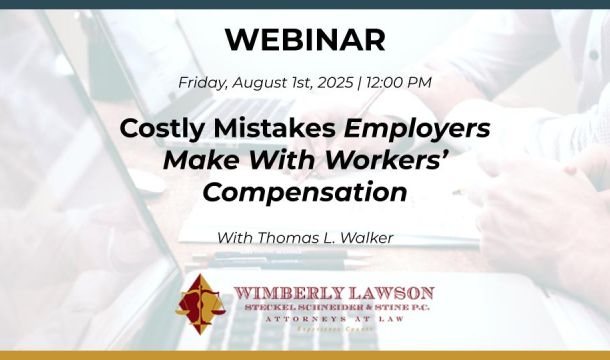School’s Out? Tax Break for Tuition Reimbursement May End
Does your company offer tuition reimbursement as a benefit to employees? Tuition reimbursement can be the kind of benefit that is a win-win for the employer and the employee: the employee receives money to help further his or her education and enhance skills, and the employer receives a better educated, more skilled, and possibly even more loyal employee. As such, many employers consider a tuition reimbursement program to be a valuable tool in attracting and retaining quality employees.
There is also an incentive under the current tax law for tuition reimbursement: current tax law lets employers reimburse employees up to $5,250 per year for educational course work at the undergraduate and graduate level. The reimbursement is excluded from the workers' taxable income.
However, the current draft tax bill, named the Tax Cuts and Jobs Act, now being considered by the House Ways and Means Committee, intends to end this tax break. This would mean that any tuition reimbursement provided by an employer would be included in the employee's income for tax purposes. Employer groups are concerned that this added tax liability may deter some employees from taking classes. To express their displeasure at this proposed change, a coalition of 83 companies, associations, and institutions recently sent a letter to Ways and Means Committee Chairman Kevin Brady (R-Texas) and ranking member Rep. Richard Neal (D-Mass.) asking the lawmakers to amend the tax proposal not only to maintain the tuition reimbursement tax break, but to expand the $5,250 limit.
If your company currently offers a tuition reimbursement program, you will need to watch this tax bill carefully. We will provide updates as necessary.

Kathleen J. Jennings is a former principal in the Atlanta office of Wimberly, Lawson, Steckel, Schneider, & Stine, P.C. She defends employers in employment matters, such as sexual harassment, discrimination, Wage and Hour, OSHA, restrictive covenants, and other employment litigation and provides training and counseling to employers in employment matters.
Related Content
Get Email Updates
Recent Content

How to Audit Employment Discrimination Laws Compliance

TPS Update (As of 6/17/2025)

TPS Designation for Honduras and Nicaragua Automatically Extended, But the Date is Uncertain

President Trump Discourages Criminal Enforcement of Agency Rules

Supreme Court Suggests Trump Can Fire Agency Heads without Cause
